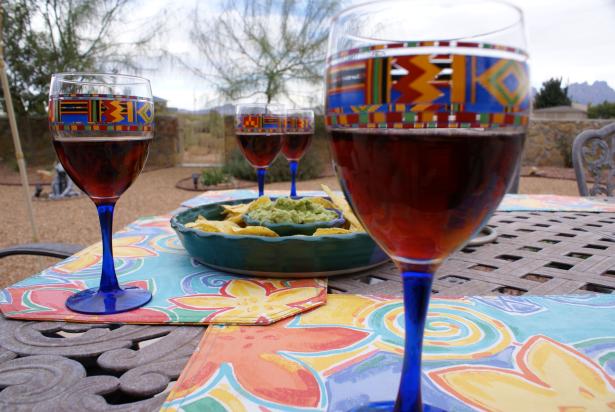Alcohol is a fundamental part of socialising in many cultures. Drinking together can create bonds between co-workers, provide a chance to show respect for elders and even start business meetings.
But how and when alcohol should be consumed can vary from country to country. Different cultures have important rules, traditions and customs that reveal interesting things about them and are useful to know if you’re planning a visit.
We’ve had a look through drinking traditions around the world and pulled together the need-to-know information and interesting facts.
Drinking Etiquette
In the UK we’re all pretty familiar with ‘cheersing’ in the pub. And it’s well understood that leaving the bar before buying your round carries a certain social stigma. The United Kingdom is not alone in having important customs associated with drinking. Other countries also have do’s and don’ts to be aware of.
In the Czech Republic, for example, you’ll be expected to place a coaster over your empty glass when you’ve finished drinking. Otherwise people will think you want more and keep filling you up.
In Germany, it’s important to maintain eye contact when clinking glasses with someone. If you don’t, you’ll be cursed with seven years of bad sex.
Some drinking traditions have more serious roots. In Japan, how you drink can be a sign of respect (or disrespect) for your elders. If you’re out with colleagues, turn your head away from managers and senior staff members when you drink to avoid causing offense.
Drinking Times
Acceptable times for drinking also vary around the world. Brits tend to think it’s a bit odd to start drinking before midday, and often confine their alcoholic beverages to the evening. Other countries like Iceland and the Czech Republic follow a similar pattern. Icelandic drinkers stay out late, with nights out regularly not starting until after midnight.
Other countries are more accepting of day time drinking. In Spain, France, Russia and Germany it’s not unusual to have alcoholic beverages with lunch. It’s also a tradition in Germany to go for a drink on Sunday mornings, known as Frühschoppen. This stems from a time when families used to gather in the pub after Sunday morning church services.It’s important to remember that in countries where day time drinking is common, this drinking is still limited, rather than heavy sessions which might be more common at the weekend in the UK.
Keep an Eye on the Law
It’s not just customs and traditions that change from country to country when it comes to drinking. Drinking laws also vary around the world. Be sure to check up about where you can buy alcohol from, what the legal drinking age is and where alcohol can legally be consumed before planning any drinking-related events.
In Germany, for example, it is acceptable to drink in public places. But in Russia consumption is restricted by law to bars, restaurants and your own home (or where you are staying).
In Iceland, the sale of alcohol is strictly monitored. You can’t buy alcohol from supermarkets and other grocery stores. The only place you can buy alcohol, other than in bars and restaurants, is from government owned vinbudin. There are only 48 of these stores in the entire country, so you need to plan ahead if you’re hosting an event where you want alcohol at home.
It’s also worth noting that there are some countries in the world where drinking is illegal altogether. These are known as ‘dry’ countries and include the Kingdom of Brunei, Saudi Arabia, and parts of the UAE and India.


Spread the word